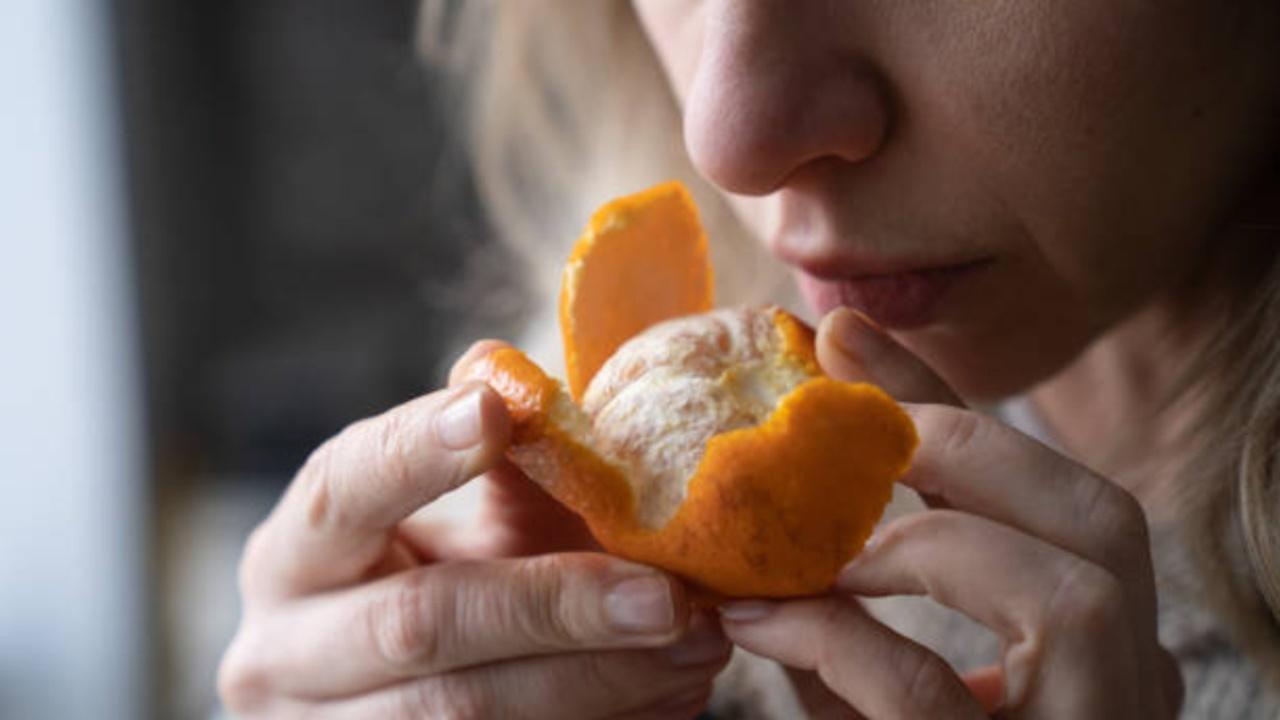A new study finds that SARS-CoV-2, the virus causing Covid-19, can infect sensory neurons explaining why many people experience loss of smell and taste

Image for representational purposes only. Photo Courtesy: iStock
SARS-CoV-2, the virus causing Covid-19, can infect sensory neurons explaining why many people reported losing their senses of smell and taste, finds a study. When Covid-19 began spreading in 2020, some of its most common symptoms affected the peripheral nervous system, the network of nerves that enables communication between the brain and the rest of the body.
ADVERTISEMENT
Human senses of smell and taste both rely on sensory neurons in the peripheral nervous system. Early evidence had suggested that the virus could not infect neurons or only infected them rarely. A team from Whitehead Institute for Biomedical Research in the US, however, has found that SARS-CoV-2 can infect sensory neurons, leading to changes in the cells' gene expression.
These findings may help to explain how the virus causes symptoms in the peripheral nervous system, laying a foundation for researchers to develop treatments. "There is clearly a clinical effect of SARS-CoV-2 infection on sensory neurons, such as on smell and taste, and we did not know what might be the cause," said Rudolf Jaenisch, Whitehead Institute Founding Member.
"Knowing that the virus can infect and probably alter the function of the cells gives us a hint of what the cause might be," added Jaenisch, who is also a professor of biology at the Massachusetts Institute of Technology. In the study, published in the journal iScience, the team differentiated induced pluripotent stem cells into human sensory neurons in the lab. They confirmed that the cells had differentiated into sensory neurons by checking that they expressed key genes specific to that cell type.
Next, the researchers tested to see if the sensory neurons expressed ACE2, the gene encoding the protein that SARS-CoV-2 uses to gain entry into human cells. They found that the sensory neurons did express ACE2, at a level comparable to other cell types known to be infected by the virus -- a first indication that sensory neurons likely could be infected.
The researchers then exposed the sensory neurons to three strains of SARS-CoV-2, the original WA1/2020 strain, and the Delta and Omicron strains that caused surges in Covid infection. The researchers sequenced RNA from the sensory neurons and found that all three strains of the virus infected some portion of the sensory neurons.
Omicron infected the lowest percentage of cells within the same timeframe, suggesting that it is slower than the other strains to infect sensory neurons. This finding could help to explain why Omicron infection leads to lower rates of loss of taste and smell than the previous strains did, but further research would be needed to prove a connection.
This story has been sourced from a third party syndicated feed, agencies. Mid-day accepts no responsibility or liability for its dependability, trustworthiness, reliability and data of the text. Mid-day management/mid-day.com reserves the sole right to alter, delete or remove (without notice) the content in its absolute discretion for any reason whatsoever
 Subscribe today by clicking the link and stay updated with the latest news!" Click here!
Subscribe today by clicking the link and stay updated with the latest news!" Click here!







